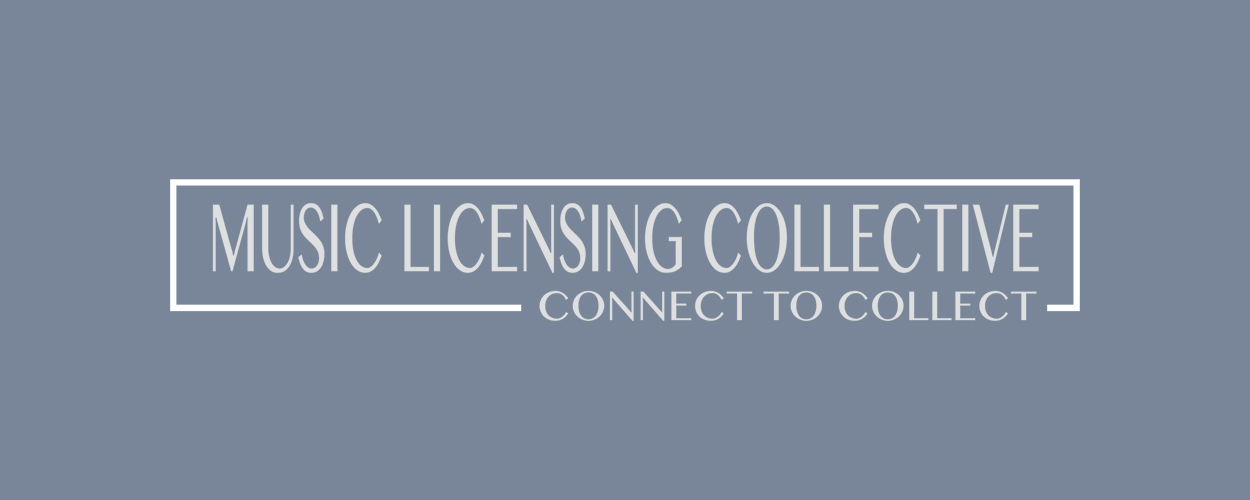This website uses cookies so that we can provide you with the best user experience possible. Cookie information is stored in your browser and performs functions such as recognising you when you return to our website and helping our team to understand which sections of the website you find most interesting and useful.
Business News Labels & Publishers
MLC sets out proposed budget for new mechanical rights collecting society
By Chris Cooke | Published on Wednesday 18 September 2019

The organisation charged with the task of launching a new mechanical rights collecting society in the US has put together its launch budget. It reckons setting up the society will cost a neat $37.25 million, while first year overheads will be about $29 million.
The US, of course, doesn’t currently have a conventional collecting society able to provide a blanket licence covering the mechanical rights of the entire music publishing sector. Or, in the digital space, where some publishers now license Anglo-American repertoire though direct deals, a mop-up licence covering any songs not otherwise covered by a licensing agreement between a streaming service and a music rights owner.
There is a compulsory licence covering the mechanical rights in songs in the US, and there are agencies that help labels and digital services utilise that compulsory licence. But the lack of a society empowered to offer a blanket and/or mop-up licence has resulted in songwriters and publishers not getting paid, and streaming services getting sued.
Last year’s Music Modernization Act sought to overcome this problem by setting up a new collecting society covering the mechanical rights in songs in the US.
Because this will simplify the licensing process for digital services and stop them from getting sued (in theory!), they will pay for the new society. The music industry will then run it and take responsibility for ensuring royalties get to the right publishers and songwriters. Which is no small task given how fucked music rights data can be.
In July, the US Copyright Office appointed an organisation that goes by the name Mechanical Licensing Collective to set all this up. That group has since been doing the maths and has now set out how much cash it thinks it needs to get things up and running. The budget has now been submitted to America’s Copyright Royalty Board, which will ultimately decide if the MLC’s financial demands are reasonable. The digital services that have to pick up the tab have the right to respond first.
The MLC said in a statement yesterday that its proposed budget “is the result of months of research on the most efficient and effective way to run this unprecedented new collective that will serve the needs of both the songwriters and their music publishers as well as the digital music services from day one. The proposed start-up assessment is $37.25 million, with an annual assessment starting at $29 million in 2021, when the MLC commences its blanket licensing operations”.
“The proposed assessment is the right one under the law”, the statement then insisted, “and the budget is very reasonable for digital companies to pay to receive the benefits the blanket licence will provide them. The MLC’s operating budget and staff must be capable of comprehensively meeting and executing the extensive requirements and responsibilities of the collective under the law in less than fifteen months from now”.
Commenting on the proposals, Alisa Coleman, who chairs the MLC board, added: “We have a mandate to not just administer the mechanical licensing process, but to improve it, make it more transparent, and to better serve songwriters and publishers of all sizes and around the world. We have outlined for the [CRB] what is necessary to achieve these goals and significantly advance the industry, and to fulfil Congress’s mandate to end the status quo where undisclosed millions of dollars owed to music creators are not paid”.
The music community and the streaming services very much collaborated on the MMA that initiated the MLC, often speaking as one on the need for a new licensing system.
But the two sides have since fallen out spectacularly over the CRB’s recent ruling on what rates the digital platforms should pay every time a song is streamed. It remains to be seen if the debate over how much the digital services should pay to get the MLC up and running proves to be similarly tetchy.





